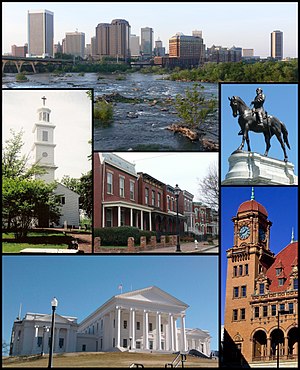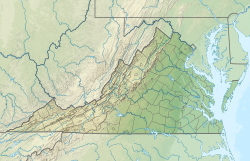Richmond Electrical Contractors
Richmond Electrician

Another culprit for overheating are lightbulbs. The wattage markings of lightbulbs are common. A 100-watt bulb could overload your wiring, causing a fire. You should check the label on your lamp to find out the wattage. Don't use any lamps that exceed the requirements. You can ask an electrician to repair the outlet if the label is not visible.
You may have noticed that outlets on traditional wall plates are unsightly. The tangle of cords and plugs can be a potential tripping hazard. With recessed outlets, the plug is concealed within the wall cavity, reducing the likelihood of obstructions. They also help you save money on your energy bill, since power strips are no longer required. But do they work?
Before you put your house up for sale, it's a good idea to get an electrical inspection. You will get a fair market price for your property. It will also make sure that your home and its occupants are safe. You will avoid unpleasant surprises by having an inspection. You'll be glad you did it. It will make sure there are no potential problems that could prevent you from selling your home.






